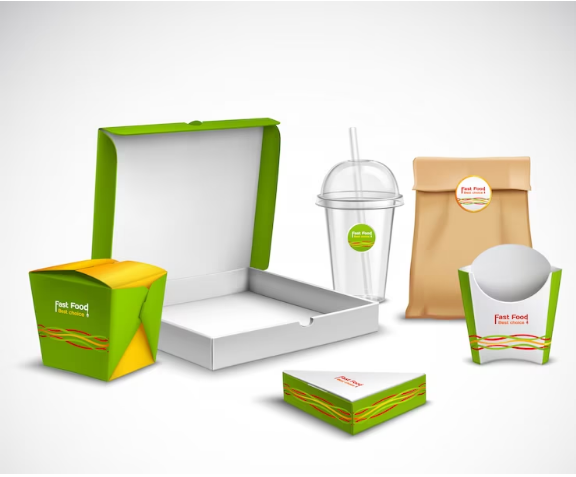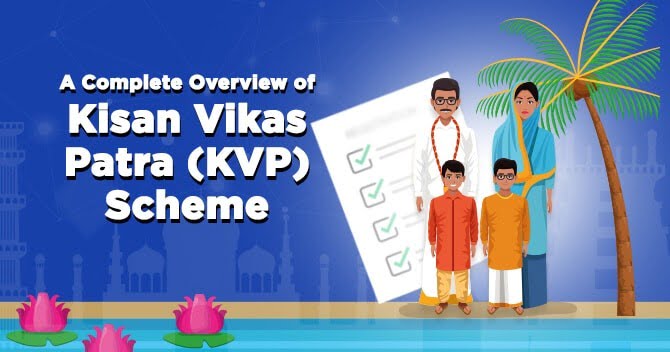In the fast-paced world of food packaging design, staying ahead of the curve is essential. With the advent of technology, a new player has emerged in the realm of packaging labels: smart labels. These innovative labels are transforming the way we interact with food packaging, offering exciting possibilities for both consumers and manufacturers. In this article, we will explore how smart labels are revolutionizing food packaging label design and the benefits they bring to the table.
The Rise of Smart Labels:
In the ever-evolving world of food packaging labels design, a new era has dawned with the emergence of smart labels. These labels are revolutionizing the way we interact with food packaging, offering a host of benefits to both consumers and manufacturers. Gone are the days when labels were limited to merely displaying basic product information. Smart labels, incorporating cutting-edge technologies, have become the new norm.
Smart labels, equipped with features such as QR codes, NFC, and RFID, bring a new level of interactivity to food packaging. By simply scanning or tapping these labels with their smartphones, consumers unlock a world of information that goes beyond what is physically printed on the package. From detailed nutritional facts and ingredient origins to recipe suggestions and allergen alerts, smart labels empower consumers to make informed choices about the food they consume. These labels act as gateways to a wealth of information that helps consumers understand the products they are purchasing, ensuring they align with their dietary needs, preferences, and values.
One of the most significant advantages of smart labels is their role in enhancing food safety and quality. With embedded sensors and temperature indicators, these labels can monitor and track the temperature conditions of perishable goods throughout the supply chain. This real-time data allows manufacturers and consumers to ensure that the products have been stored and transported at appropriate temperatures, reducing the risk of spoilage and contamination. Additionally, smart labels can provide expiry date notifications, ensuring that consumers consume the products before they expire, minimizing food waste.
Beyond food safety, smart labels promote transparency and sustainability, addressing consumers’ increasing concerns about the origins and environmental impact of their food. By leveraging blockchain technology, these labels can trace a product’s journey from farm to shelf, providing valuable information about its production methods, certifications, and environmental sustainability efforts. This level of transparency empowers consumers to make conscious choices aligned with their values, supporting sustainable and ethical food practices.
Moreover, smart labels empower consumer engagement, creating a direct line of communication between brands and consumers. Through personalized recommendations, interactive recipes, and promotional offers, brands can connect with consumers in a more meaningful way. Consumers can provide feedback, seek additional information, or voice their concerns directly through smart labels, fostering a sense of trust and loyalty.
As technology continues to advance, the possibilities for smart labels in food packaging design are limitless. Imagine labels that can detect food spoilage, display real-time promotions, or adapt to consumers’ dietary preferences. With the integration of artificial intelligence and machine learning, smart labels can become even smarter, offering customized experiences and anticipating consumer needs
Enhancing Food Safety and Quality:
One of the key advantages of smart labels is their ability to ensure food safety and quality. With embedded sensors and temperature indicators, smart labels can monitor and track the temperature conditions of perishable goods throughout the supply chain. This real-time data allows manufacturers and consumers to verify that the products have been stored and transported at appropriate temperatures, reducing the risk of spoilage and contamination. Additionally, smart labels can provide expiry date notifications, ensuring that consumers consume the products before they expire, minimizing food waste.
Promoting Transparency and Sustainability:
In an era where consumers are increasingly conscious about the origins and sustainability of their food. Food packaging labels design plays a crucial role in promoting transparency and fostering a more sustainable food system. These labels have evolved beyond their traditional role of providing basic information to become powerful tools for informing consumers about the environmental impact of their food choices.
With the integration of innovative technologies and design elements. Food packaging labels now offer opportunities to convey vital information about the production methods, certifications. And sustainability efforts of food products. By incorporating elements such as QR codes, smart labels can provide consumers with a direct link to a wealth of data. Enabling them to trace the journey of a product from farm to table. This transparency empowers consumers to make well-informed choices aligned with their values, supporting sustainable and ethical food practices.
Furthermore, food packaging labels can showcase certifications, such as organic, fair-trade, or eco-friendly labels. To highlight products that adhere to specific environmental standards. These labels serve as visual indicators of a brand’s commitment to sustainability and provide reassurance to consumers seeking environmentally responsible options. By prominently displaying these certifications, food packaging labels communicate a brand’s dedication to social and environmental responsibility. Building trust and loyalty among eco-conscious consumers.
Beyond certifications, food packaging labels can also feature icons, symbols. Or graphics that represent sustainable practices. Such as recycling symbols or illustrations depicting reduced carbon footprint. These visual cues serve as reminders of the product’s eco-friendly attributes, allowing consumers to easily identify and support sustainable choices.
In addition to conveying sustainability information. Food packaging labels can play a role in encouraging responsible consumption and reducing food waste. By incorporating clear and easily understandable date labeling systems, such as “best before” or “use by” dates. Labels can assist consumers in managing their food inventory effectively. This clarity ensures that consumers consume products before they spoil, reducing unnecessary food waste and promoting mindful consumption habits.
Overall, food packaging labels design has the potential to be a powerful tool in promoting transparency and sustainability in the food industry. By incorporating innovative technologies, certifications, and visual cues, these labels can empower consumers to make informed choices, support sustainable practices. Aand contribute to a more environmentally conscious food system. As consumers continue to prioritize sustainability. Food packaging labels will continue to evolve, providing valuable information and inspiring positive change in the way we choose and consume our food.
Empowering Consumer Engagement:
Smart labels create opportunities for increased consumer engagement. By connecting with consumers digitally, brands can offer personalized recommendations, interactive recipes, and promotional offers. Smart labels can also facilitate direct communication channels, allowing consumers to provide feedback or seek additional information about the product. This two-way interaction builds trust and fosters brand loyalty, as consumers feel heard and valued.
The Future of Smart Labels:
As technology continues to advance, the potential applications for smart labels in food packaging design are boundless. Imagine labels that can detect food spoilage, display real-time promotions, or adapt to consumers’ dietary preferences. With the integration of artificial intelligence and machine learning, smart labels can become even smarter. Anticipating consumer needs and offering customized experiences.
Conclusion:
Smart labels are transforming packaging design company in noida by providing consumers with a wealth of information, ensuring food safety. Promoting transparency, and fostering consumer engagement. As technology evolves, the possibilities for smart labels are endless. Opening up new avenues for innovation and creativity in the food industry. By harnessing the power of smart labels, we can make smarter choices about the food we consume. Paving the way for a more informed and sustainable future.












